Our colleagues from the Healthy Project Options Skopje (HOPS) and Coalition Margins are organizing International Conference on Drug Regulation Models. The Conference will be organized on 18th and 19th November 2020, online, in form of panel discussions and expert presentations.
The conference is organized as part of the project “Sexual and Health Rights of Marginalized Communities“, supported by the Foundation Open Society – Macedonia.
This interesting event is going to present the new Comparative analysis of the drug regulation models in Netherlands and Portugal. It will have foreign experts presentations such us: João Castel-Branco Goulão, General Directorate for Intervention on Addictive Behaviours and Dependencies (SICAD), Director, Portugal; Tomas Zabransky, M.D., Ph.D., University professor, Czech Republic; Hans Abma, senior policy adviser, International Criminal Cooperation, Ministry of Justice, Netherlands; Thomas Zosel, Chief Inspector of Crime, Drug and Traffic prevention (E4), Police Headquarters Frankfurt am Main. Additionally, the Conference will engage domestic representatives from different institutions (police, judiciary, CSO’s, ministries, politicians, health institutions, community members) in discussion what can be done next in North Macedonia in the area concerned and give the topic an importance in the country.
In order to join the Conference, you have to register on the following link. Deadline for registration to the Conference is 16 November 2020 at 17.00 CET.
The Invitation with the agenda of the Conference is available following this link>>>. We hope you shall join and contribute. Please, don’t hesitate to share the information to your colleagues and partners.


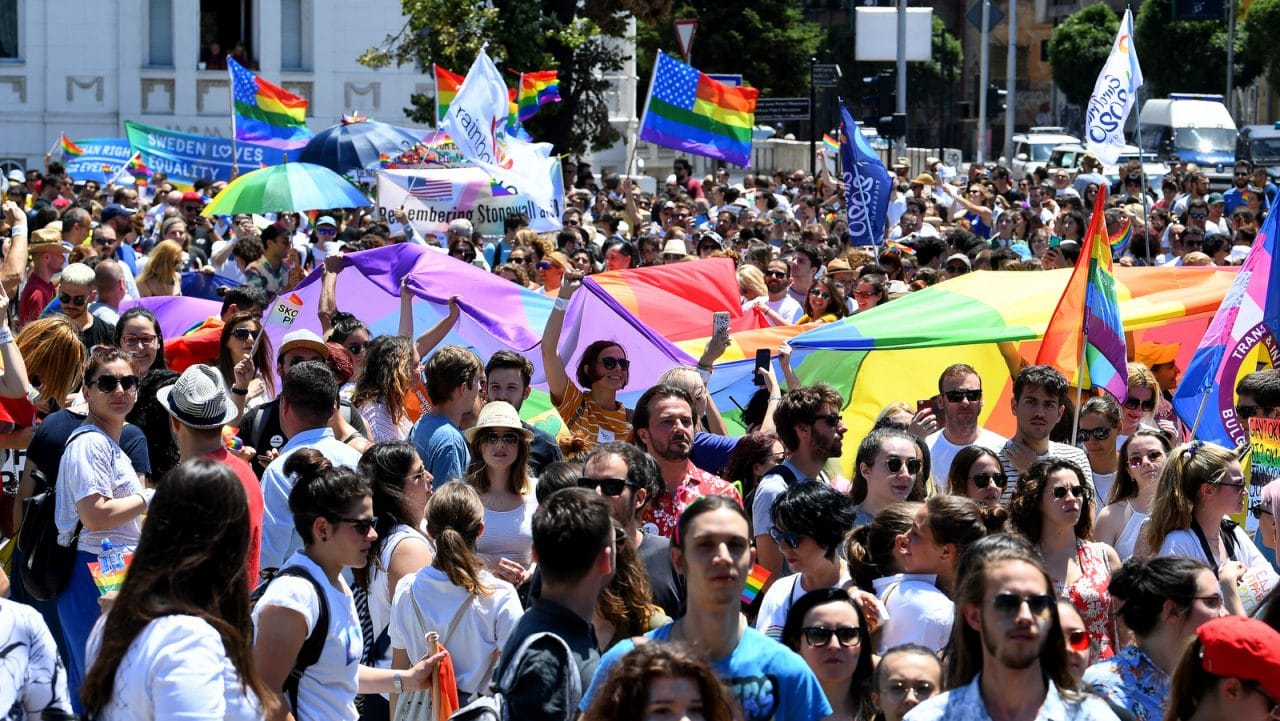
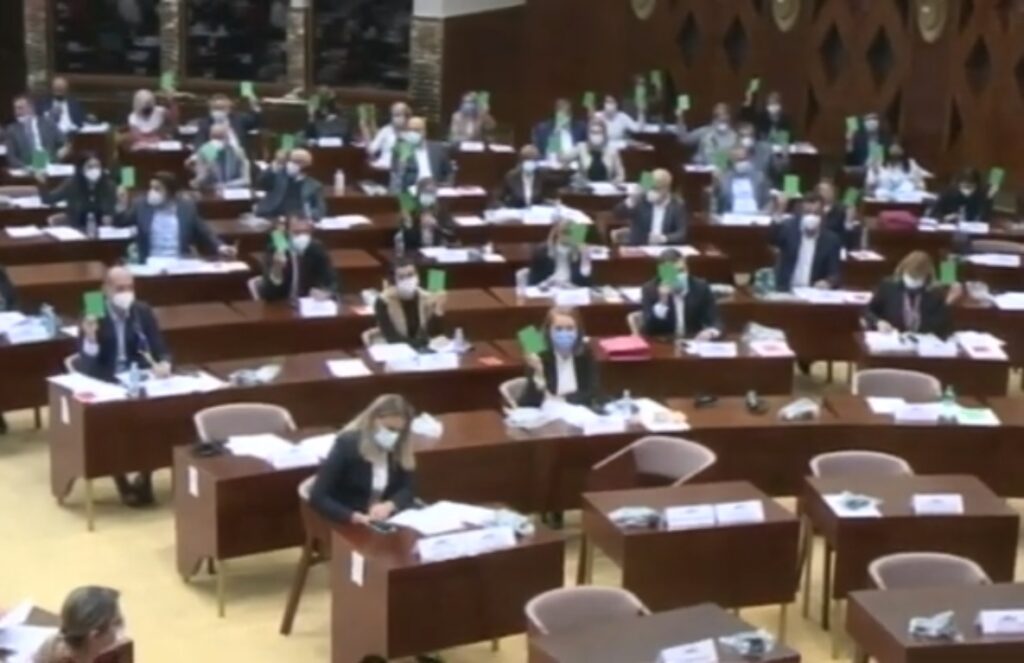
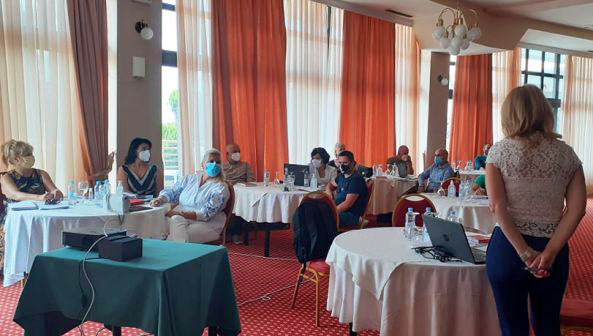
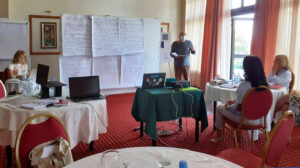
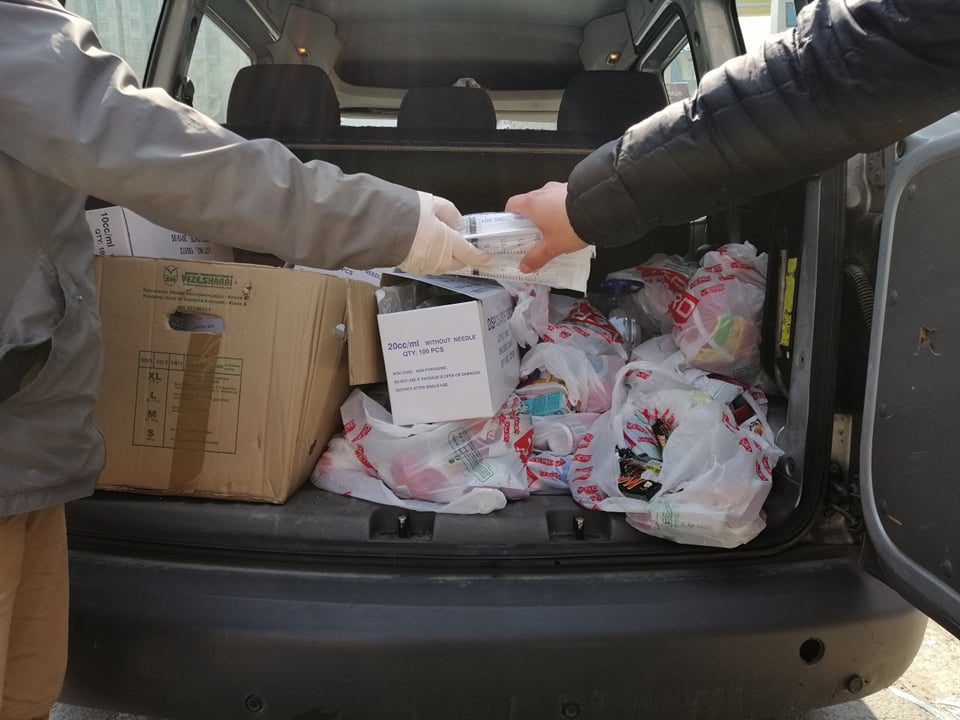
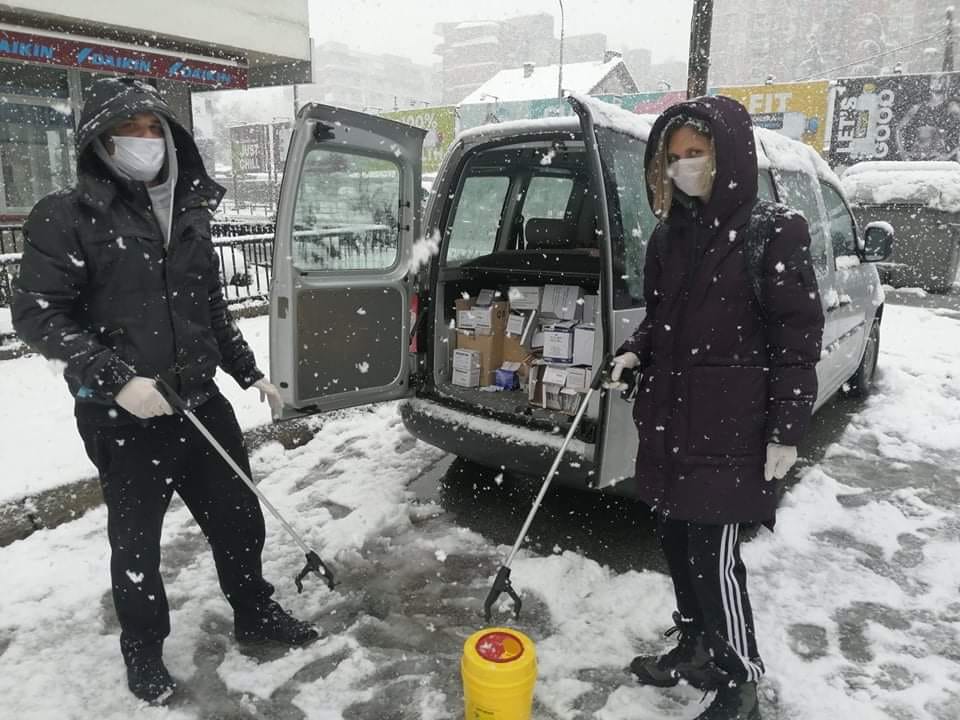
 The Foundation for Open Society Macedonia, in cooperation with the Macedonian Red Cross, donated 100.000 USD for humanitarian support including food and hygienic packages for Roma population. It will be distributed to 2.000 families with around 10.000 people in 9 cities and villages across the country. Our member organisation HOPS will be among 6 civil society organisations that will organise the delivery.
The Foundation for Open Society Macedonia, in cooperation with the Macedonian Red Cross, donated 100.000 USD for humanitarian support including food and hygienic packages for Roma population. It will be distributed to 2.000 families with around 10.000 people in 9 cities and villages across the country. Our member organisation HOPS will be among 6 civil society organisations that will organise the delivery.



 Significant part of the meeting was dedicated to developing DPNSEE strategic plan. Using the results of the
Significant part of the meeting was dedicated to developing DPNSEE strategic plan. Using the results of the 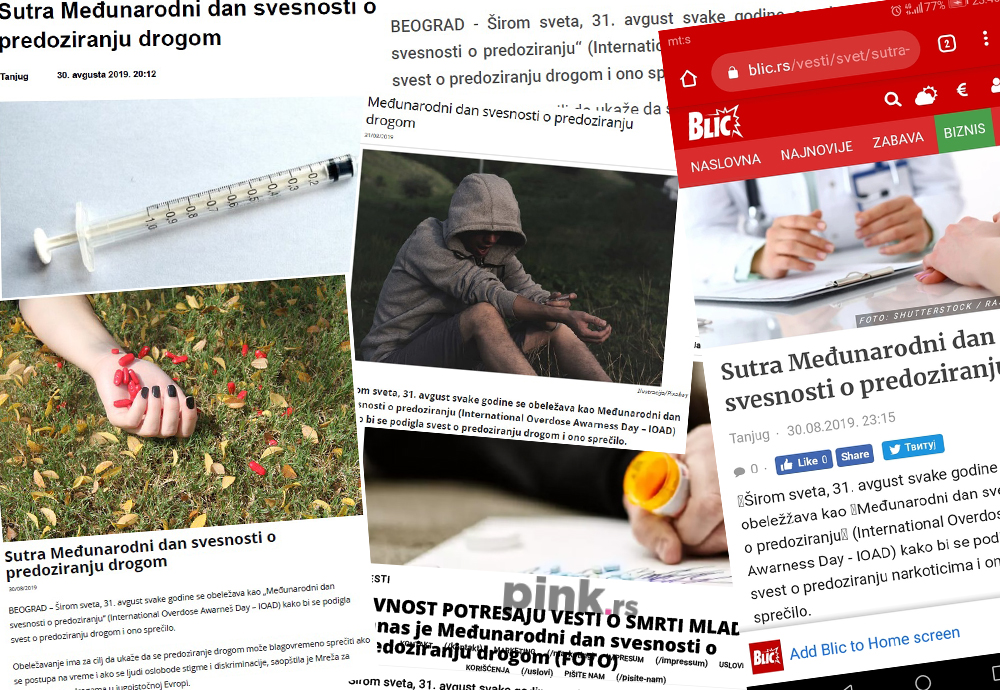
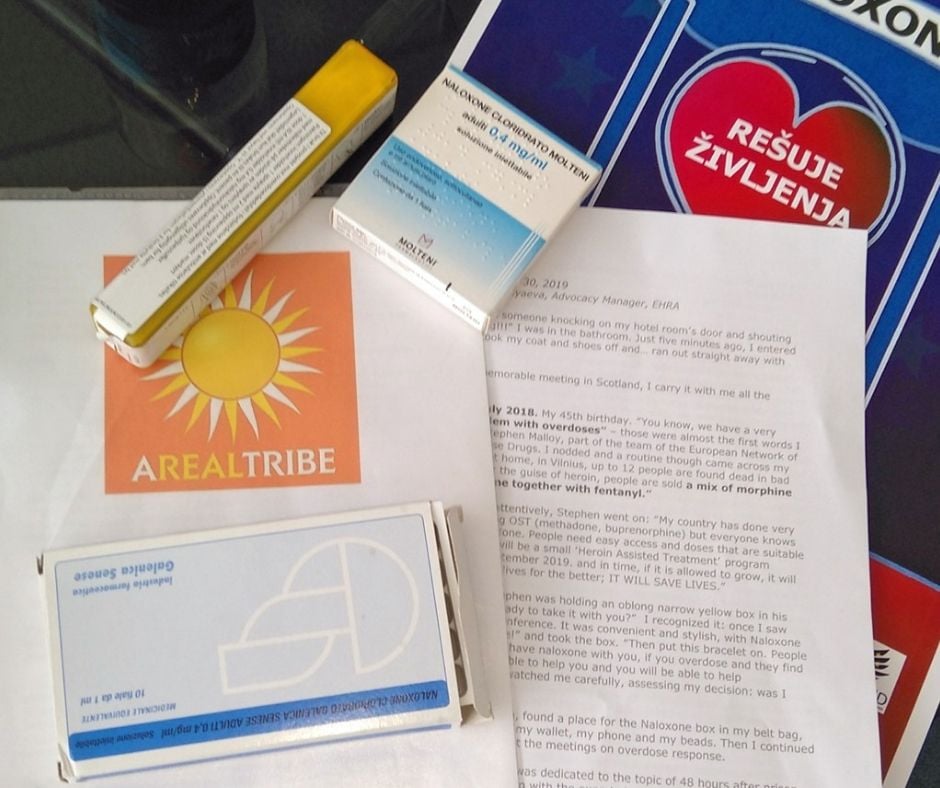


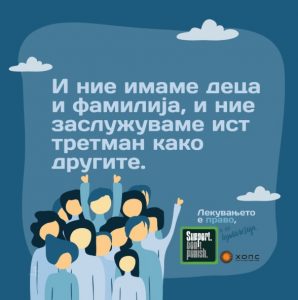 HOPS – Healthy Options Skopje hosted the “Support. Don’t Punish” campaign activities for the fifth time. The focus of HOPS campaign in 2019 is on the quality of treatment programs in Macedonia. The situation in Kisela Voda community is currently critical, with the Daily Centre for Prevention and Treatment of Addictions.
HOPS – Healthy Options Skopje hosted the “Support. Don’t Punish” campaign activities for the fifth time. The focus of HOPS campaign in 2019 is on the quality of treatment programs in Macedonia. The situation in Kisela Voda community is currently critical, with the Daily Centre for Prevention and Treatment of Addictions.